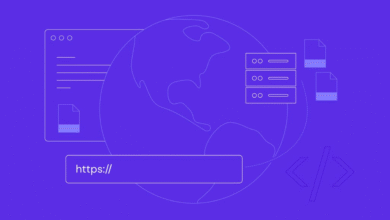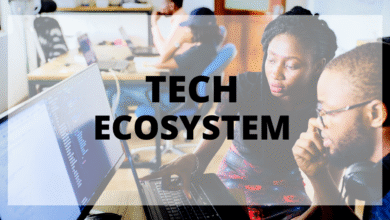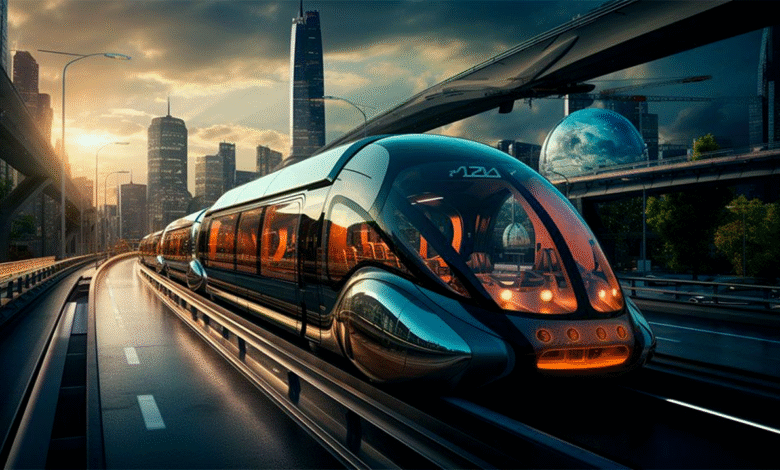
Discover how technological innovations are reshaping transportation in the Future of Mobility: Tech Innovations in Transportation. From electric vehicles to autonomous drones, explore the exciting advancements driving the future of commuting and travel.
Read More: Tech for Good: Addressing Global Challenges with Innovation
Future of Mobility: Tech Innovations in Transportation
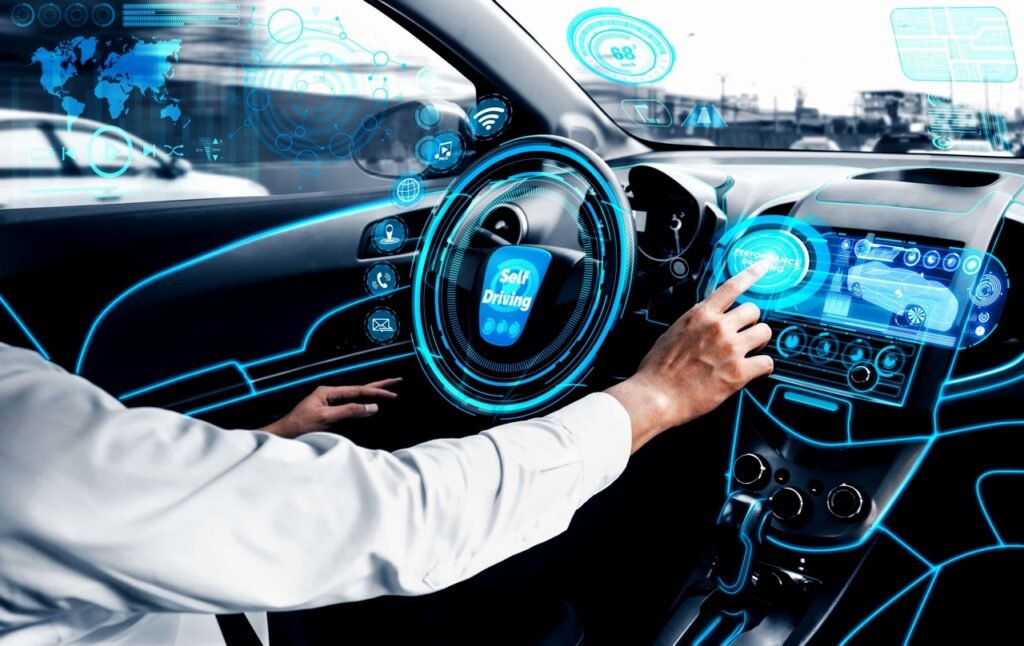
In today’s rapidly evolving world, technology continues to transform every aspect of our lives, including transportation. The Future of Mobility: Tech Innovations in Transportation represents a paradigm shift in how we perceive and interact with mobility. From reducing carbon emissions to improving safety and efficiency, technological innovations are driving us towards a more connected and sustainable future.
Eco-Friendly Commuting Solutions
As concerns about environmental sustainability escalate, the demand for eco-friendly commuting solutions has never been higher. Electric vehicles (EVs) have emerged as a leading contender in this space, offering a clean and efficient alternative to traditional gasoline-powered cars. With advancements in battery technology, EVs now boast longer ranges and faster charging times, making them increasingly viable for everyday commuters seeking to reduce their carbon footprint.
Autonomous Vehicles: Redefining Transportation
The rise of autonomous vehicles (AVs) heralds a new era in transportation, where cars can navigate roads and highways without human intervention. Leveraging advanced sensors, cameras, and artificial intelligence, AVs promise to revolutionize the way we travel, commute, and transport goods. By reducing human error and enhancing traffic flow, AVs have the potential to significantly improve road safety and efficiency.
Enhanced Connectivity and Mobility as a Service (MaaS)
The future of transportation lies in seamlessly integrating various modes of transit through Mobility as a Service (MaaS) platforms. These innovative solutions offer users a comprehensive suite of transportation options, including ride-sharing, public transit, bike-sharing, and more. By leveraging data analytics and smart algorithms, MaaS aims to optimize travel routes, reduce congestion, and enhance overall mobility for urban dwellers and commuters alike.
Hyperloop: Revolutionizing Long-Distance Travel
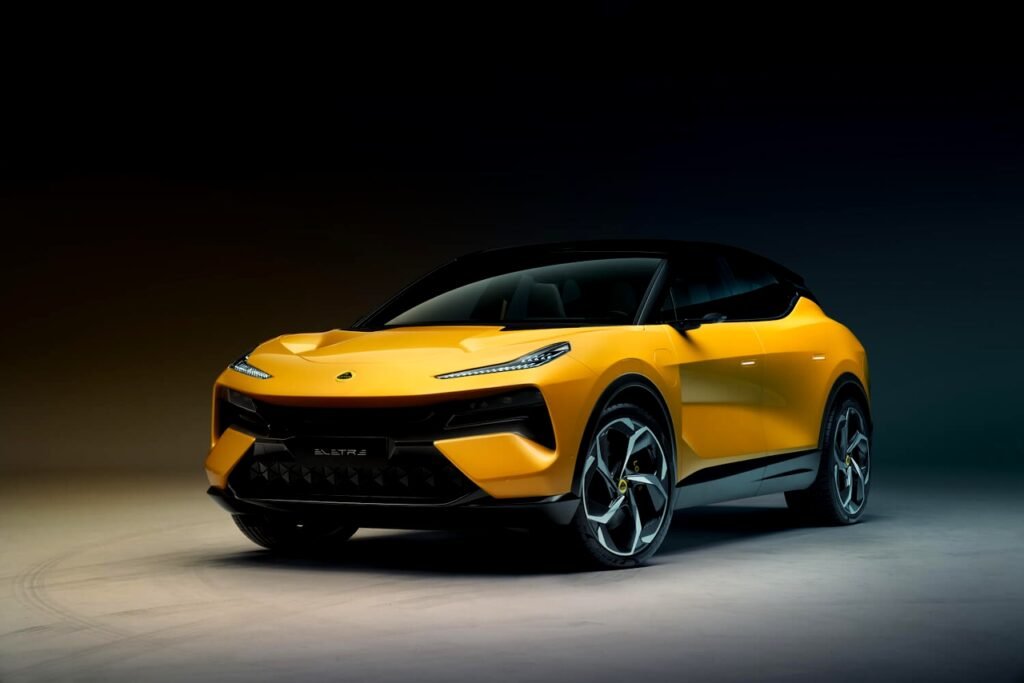
Imagine traveling at speeds exceeding 700 mph in a pod-like vehicle through a low-pressure tube. This futuristic concept, known as the Hyperloop, holds the potential to revolutionize long-distance travel between major cities and regions. By combining magnetic levitation technology with a near-vacuum environment, the Hyperloop promises to drastically reduce travel times, offering a faster and more sustainable alternative to traditional modes of transportation.
Drone Delivery Systems: Transforming Logistics
Beyond passenger transportation, technology is also reshaping the logistics and supply chain management landscape. Drone delivery systems have emerged as a disruptive force, offering fast, efficient, and cost-effective means of transporting goods. From delivering medical supplies to remote areas to speeding up e-commerce deliveries, drones are transforming the way goods are transported and distributed, promising greater efficiency and accessibility.
Challenges and Considerations
While the Future of Mobility: Tech Innovations in Transportation holds immense promise, it also presents various challenges and considerations. Privacy concerns, cybersecurity risks, regulatory hurdles, and infrastructure limitations are just a few factors that must be addressed to ensure a smooth transition towards a technologically advanced transportation ecosystem. Additionally, ethical considerations surrounding AI decision-making and job displacement in traditional transportation industries must be carefully navigated.
Future of Mobility: Tech Innovations in Transportation
The Future of Mobility: Tech Innovations in Transportation is not a distant concept—it’s a reality that’s already unfolding before our eyes. From electric vehicles to autonomous drones, the convergence of technology and transportation is ushering in a new era of mobility, connectivity, and sustainability. By embracing innovation, collaboration, and forward-thinking policies, we can navigate toward a future where transportation is safer, more efficient, and environmentally friendly.
Read More: The Rise of Smart Cities: How Technology is Shaping Urban Living
FAQs
- How will autonomous vehicles impact traditional transportation industries? Autonomous vehicles have the potential to disrupt traditional transportation industries such as taxi services, trucking, and public transit. While they offer numerous benefits, including improved safety and efficiency, they may also lead to job displacement and regulatory challenges.
- Are electric vehicles truly environmentally friendly? Electric vehicles produce zero tailpipe emissions, making them cleaner than traditional gasoline-powered cars. However, the environmental impact of EVs depends on factors such as the source of electricity generation and the lifecycle emissions associated with battery production.
- What role will governments play in shaping the future of mobility? Governments play a crucial role in shaping the future of mobility through policies, regulations, and infrastructure investments. By incentivizing sustainable transportation options and fostering innovation, governments can accelerate the transition towards a more efficient and equitable transportation system.
- How will hyperloop technology affect urban planning and development? Hyperloop technology has the potential to transform urban planning and development by facilitating rapid transit between cities and regions. This could lead to changes in population distribution, land use patterns, and economic growth dynamics.
- What are some of the safety concerns associated with drone delivery systems? Safety concerns associated with drone delivery systems include the risk of mid-air collisions, interference with manned aircraft, and the potential for drones to malfunction or crash during flight. Regulatory frameworks and technological safeguards are essential to mitigate these risks.
- How will mobility as a service (MaaS) platforms impact urban mobility patterns? Mobility as a service (MaaS) platforms have the potential to revolutionize urban mobility patterns by offering integrated transportation solutions tailored to individual preferences and needs. This could lead to reduced car ownership, increased use of public transit, and more sustainable travel behaviors.
The Final Words
As we stand on the brink of a transportation revolution, the Future of Mobility: Tech Innovations in Transportation promises to redefine how we move, commute, and connect with the world around us. By harnessing the power of technology, innovation, and collaboration, we can pave the way towards a future where transportation is safer, more efficient, and environmentally sustainable.


